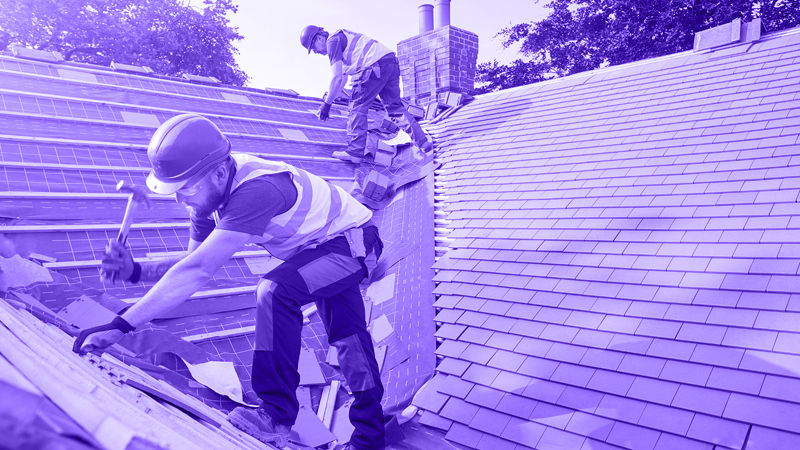Is a Family Deposit mortgage an option?
So, as a First -time buyer who wants to own their own home, you’ve started house-hunting, but you are struggling to get that all-important deposit together. What options do you have? One realistic option may be a family deposit mortgage.
That is of course if realistically you have family members who want to help you get that deposit together. Something you may need to check first before you go foot-first into this!
It’s different than a Gifted Deposit because they get the money back and in effect, you are getting a 100% mortgage on the property you are buying.
Not all family members are in the financial position to gift away thousands of pounds but if they do have savings themselves and they are comfortable with saving it with a mortgage lender using an alternative account and way of investment, they could still provide the help that you need on the understanding they get that money back.
What is a Family Deposit Mortgage?
The principle of the Family Deposit Mortgage is quite simple, with the assistance of your family member(s), this means you could apply for a mortgage even if you haven’t managed to save any deposit yourself. Therefore, you can still get your all-important foot on the property ladder.
However, the criteria of the scheme differ from lender to lender and it is also worth considering that not all lenders actually offer this type of product.
The helper of the deposit provides their contribution which is held in a savings account with the lender and they earn interest on the money.
This needs to be held for a certain time set out by the lender and after that time period, they get their money back with interest.
With some lenders, the Family Deposit may have to be 10% and with some lenders, their criteria may be 20%.
1 lender may need the money to be held in a savings account for 3 years and another may require it to be held for 5 years.
The mortgage product you have will tend to be fixed for the duration of the time the helper’s money needs to be tied up. So if it’s 5 years, you would have a 5 year fixed product.
A mortgage application can take some time to be approved, so make sure you are well prepared, which means ensuring you have your credit score meeting the requirements of your lender. Also, it’s a good idea to familiarise yourself with the fees involved when buying a property.
There are different types of mortgages too, some other common types of first-time buyer mortgages include the following:
Things for the person providing the Family Deposit to consider.
The amount of deposit as a % of the property being purchased is set out by the lender and as already mentioned lenders have different requirements. This money is invested in an account with the lender and interest will be earned at a certain rate.
Again, these rates of interest will differ depending on the lender. What is really important is the person who is providing this deposit will be investing it for a set period of time and will not be able to withdraw this money before the end of that fixed agreement.
This is usually either 3 or 5 years, depending on the lender.
Very importantly, some lenders have restrictions on the amount of investment being returned or interest earned. i.e. there must not have been any missed mortgage payments for example.
The Person providing the deposit money should seek independent advice once they have the full terms of conditions from the lender regarding their investment.
Do they have a legal interest in the property?
The property is owned by the borrower. Only those that are named on the mortgage have any legal right over the property. The person who is assisting with the Family Deposit has no legal interest in the property.
Does the property I am buying affect a Family Deposit Mortgage?
In some scenarios yes it may do. Some of the lenders offering these types of mortgages, for example, may not lend on new built properties.
Related reading?
- Repayments on £80,000 mortgage.
- Interest-only mortgages.
- Zero deposit mortgage.
- The first mortgage explained.
- What stops you getting a mortgage in the UK?
I have a family member that wants to help, what are the next steps?
This is where talking to an independent Mortgage Broker will certainly bring you added value and save you lots of time. We have access to over 90 lenders currently and the products that they offer differ from Lender to Lender.
As I have mentioned earlier on, Family Gifted Deposit mortgages are only offered by a handful of lenders and their criteria are different with each one.
We want to establish what your individual circumstances are, discuss with the person who wants to assist with the Family deposit mortgage how much they are happy to invest and for how long and then we will discuss the best options with you.
It is a regulatory requirement that we get from you all the information we need in order to give you the best advice possible.
This means we will go through your personal details, income, credit commitments, monthly outgoings, check affordability and also consider your overall creditworthiness.
Our expertise will mean we will ensure we place you with the right lender for your individual circumstances.











